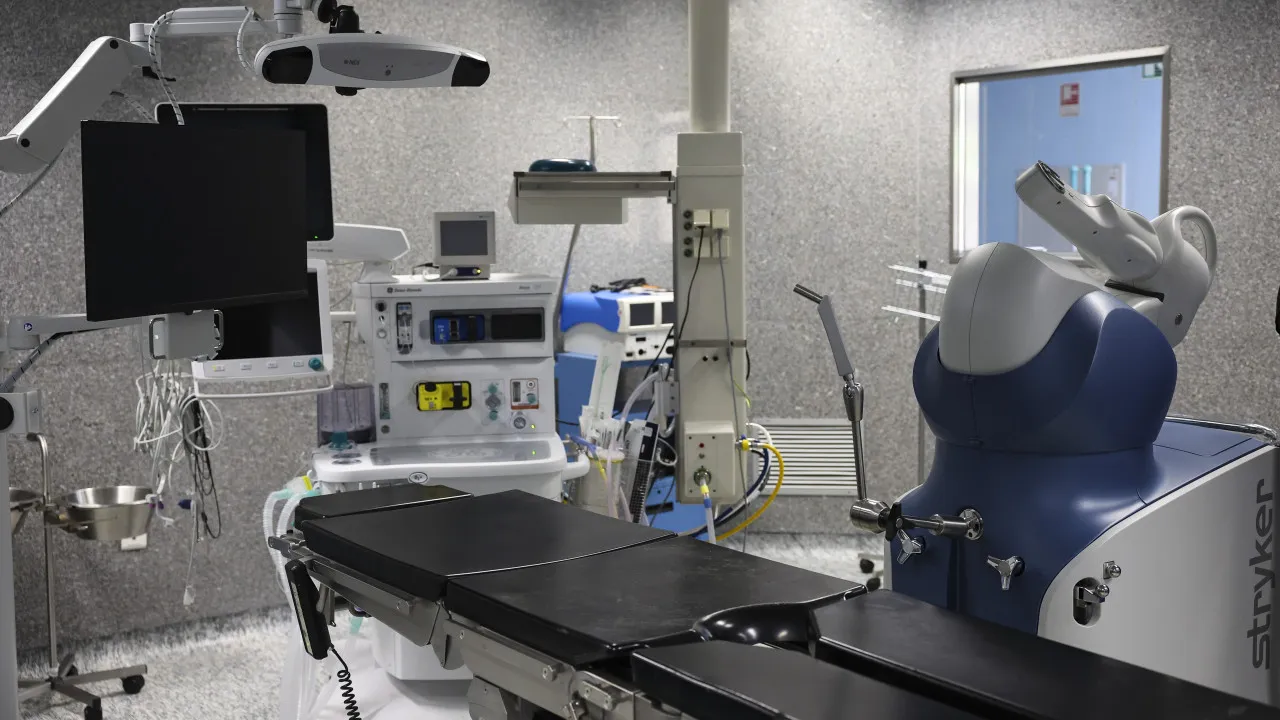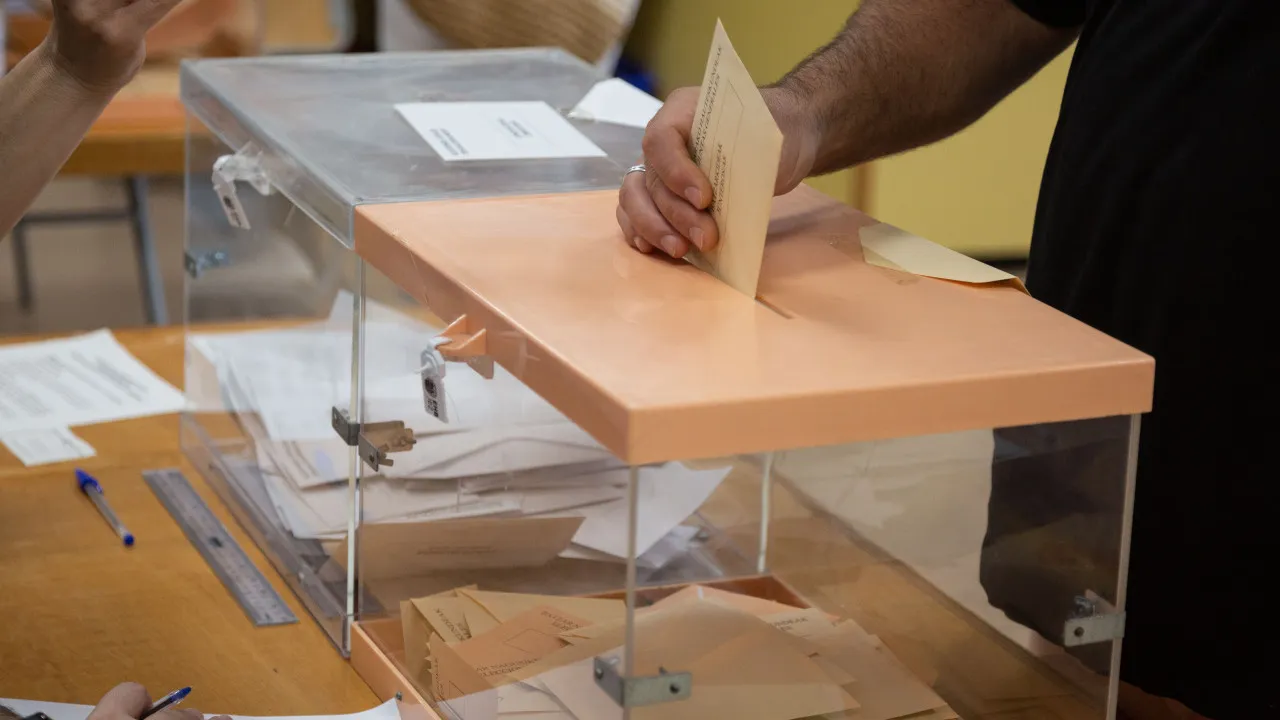
A strike organized by the Southern Physicians’ Unions (SMZS), the Portuguese Nurses’ Union (SEP), and the Southern Public Functions Workers’ Union to demand better working conditions and more staff was deemed a “success,” said union spokesperson André Gomes after the afternoon shift began at 4:00 PM.
“We already have complete regional data, and our evaluation of the strike’s day is that it was a successful action, with adherence at 80%,” he stated.
In contrast, Tiago Botelho, president of the Algarve’s Health Unit (ULS), reported a 24% participation across all careers during the morning shift, which ended at 4:00 PM.
In the early afternoon, the unions had indicated participation between 60% and 80%.
André Gomes further noted that the 80% is the “overall participation of the three unions,” with “some services halted entirely, others at 60%.”
He also mentioned, “some health centers closed” due to the strike, which affected doctors, nurses, and other professionals within the National Health Service (SNS) units in the Algarve.
“It was a collective effort by the three unions, marking a historic strike from the standpoint of career unification, resulting in this strike impact. We hope it paves the way for stronger negotiations and that the government listens to the workers,” he stated.
Despite only having data concerning the morning shift, the ULS Algarve president considered that the strike had a “significantly reduced” impact on hospital activities.
“Data collected by administrative services for the morning period show a 24% participation in the strike. We even have a significantly reduced number of canceled consultations, as 2,160 consultations were scheduled for the morning, and 193 were canceled,” said the hospital administrator.
Tiago Botelho also reported that “only two surgeries” were canceled out of seven scheduled for the morning shift, indicating that the strike’s impact was even less than other previous strikes in the region.
“It seems we’ve had strike days with considerably higher adherence,” Tiago Botelho compared, emphasizing the impact was “quite diminished regarding service functionality.”
He acknowledged that scheduling the strike on a Thursday might “have deterred some people” from participating but expressed hope that workers mainly “realized that, indeed, the strike was unjustified from a foundational standpoint.”
Previously, ULS Algarve’s president had expressed to Lusa that he did not understand the reasons cited for the strike, which originated from unions acting for political reasons and whose list of demands “made no sense.”




